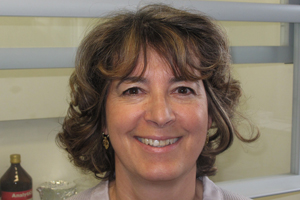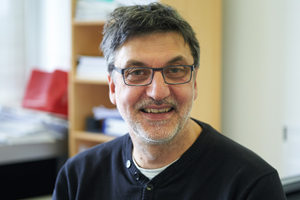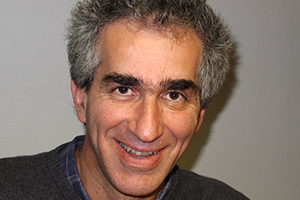Research areas :
Resume
This Team is deciphering the participation of innate immune cells Natural Killer /T cells (NK and NKT cells) in the development, of immunopathology affecting in particular the pancreas (type 1 diabetes), but also the liver, gut and kidney. Using different mouse models developed by our team, as well as patients’ samples obtained due to close collaboration with clinicians, we characterize NK and NKT cell receptor repertoire, intracellular signaling, effector and regulatory functions, and interactions with other cells present in affected organs (dendritic cells, neutrophils, endothelial cells). The ability of NK/NKT cells to induce regulatory or effector T cell functions, depending on receptor/ligand interactions and cytokine milieu, will be further investigated. Our aim is to identify molecular pathways representing biomarkers of progression of these diseases, which might be the target of selective immunomodulatory treatments. In this context, we plan to develop humanized mouse models to evaluate these therapeutic approaches.
Research area
The aim of our research over the last 10 years was to analyze the contribution of innate immune cells in the development of inflammatory and immune-mediated diseases affecting different organs such as the pancreas, central nervous system (CNS), liver, gut and kidneys. We focused our interest on NK and NKT cells. NK and NKT cells are innate lymphocytes that patrol the body and behave as sentinel cells in various organs, surveying for abnormal (tumor or infected) cells. Both cell types exert many functions beyond cytolysis, including production of cytokines and chemokines that recruit and activate other hematopoietic cells (dendritic cells, monocytes/macrophages, neutrophils and T and B lymphocytes). Therefore, they play a major role in controlling the magnitude of inflammation and in shaping immunopathology, which could be exploited for therapeutic intervention.
Since its creation in 2002, the Unit is associated with Inserm (successively INSERM U561 and INSERM U986) and with University Paris-Descartes







